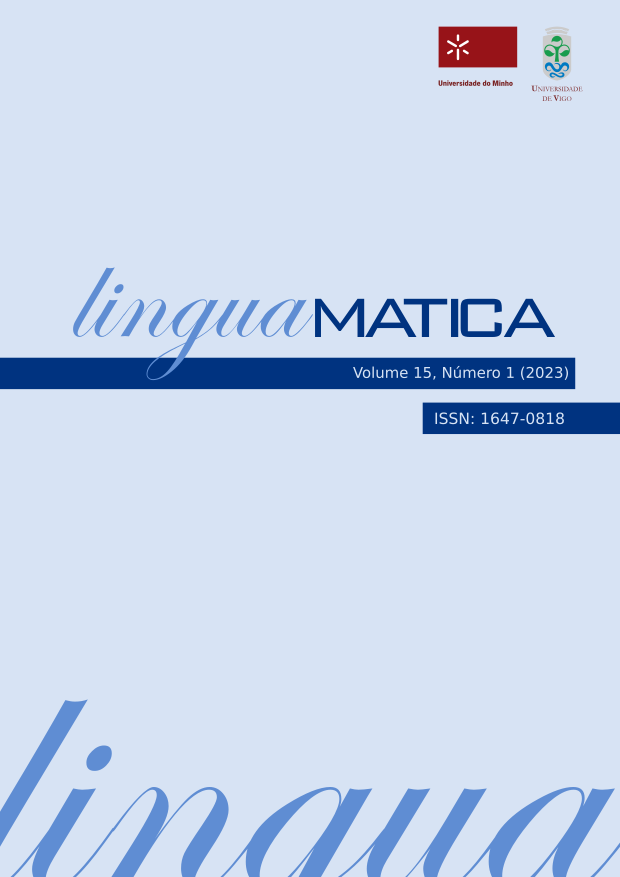Argument Quality Assessment in Brazilian political tweets
Abstract
Argumentation is an inherent skill in human communication, both in oral and written situations. Well-founded arguments are important to support decision-making and learning, as well as to reach widely accepted conclusions. As a research area, argumentation is a multidisciplinary field that studies the processes of debate and reasoning. In computational linguistics, investigations have been carried out to (i) identify arguments and their units and (ii) generate or (iii) evaluate the quality of arguments. However, most current work focuses on argument mining in formal English texts. In this article, we evaluated the quality of argumentation in political domain tweets, written in Brazilian Portuguese, using traditional machine learning algorithms – such as Logistic Regression, KNearest Neighbor, Decision Trees, Support Vector Machines (SVM), Random Forest and Naive Bayes – and also a fine-tuning of two neural models (BERTimbau and RobertaTwitterBR). In addition to bringing practical results for the assessment of argumentation quality in a challenging textual genre, such as Twitter, and in a controversial domain, such as Brazilian politics, this article also aims to fill in the lack of works that automatically assess the quality of arguments in Portuguese. Among the evaluated classification algorithms, the model obtained from the fine-tuning of BERTimbau presented the best results, with an accuracy of 69.65\% when all classes were considered and 100.00\% for messages with high quality of argumentation
Copyright (c) 2023 Cássio Faria da Silva, Vânia Paula de Almeida Neris, Helena de Medeiros Caseli

This work is licensed under a Creative Commons Attribution 4.0 International License.
Authors who publish with this journal agree to the following terms:
- Authors retain copyright and grant the journal right of first publication with the work simultaneously licensed under a Creative Commons Attribution License that allows others to share the work with an acknowledgement of the work's authorship and initial publication in this journal.
- Authors are able to enter into separate, additional contractual arrangements for the non-exclusive distribution of the journal's published version of the work (e.g., post it to an institutional repository or publish it in a book), with an acknowledgement of its initial publication in this journal.
- Authors are permitted and encouraged to post their work online (e.g., in institutional repositories or on their website) prior to and during the submission process, as it can lead to productive exchanges, as well as earlier and greater citation of published work (See The Effect of Open Access).













